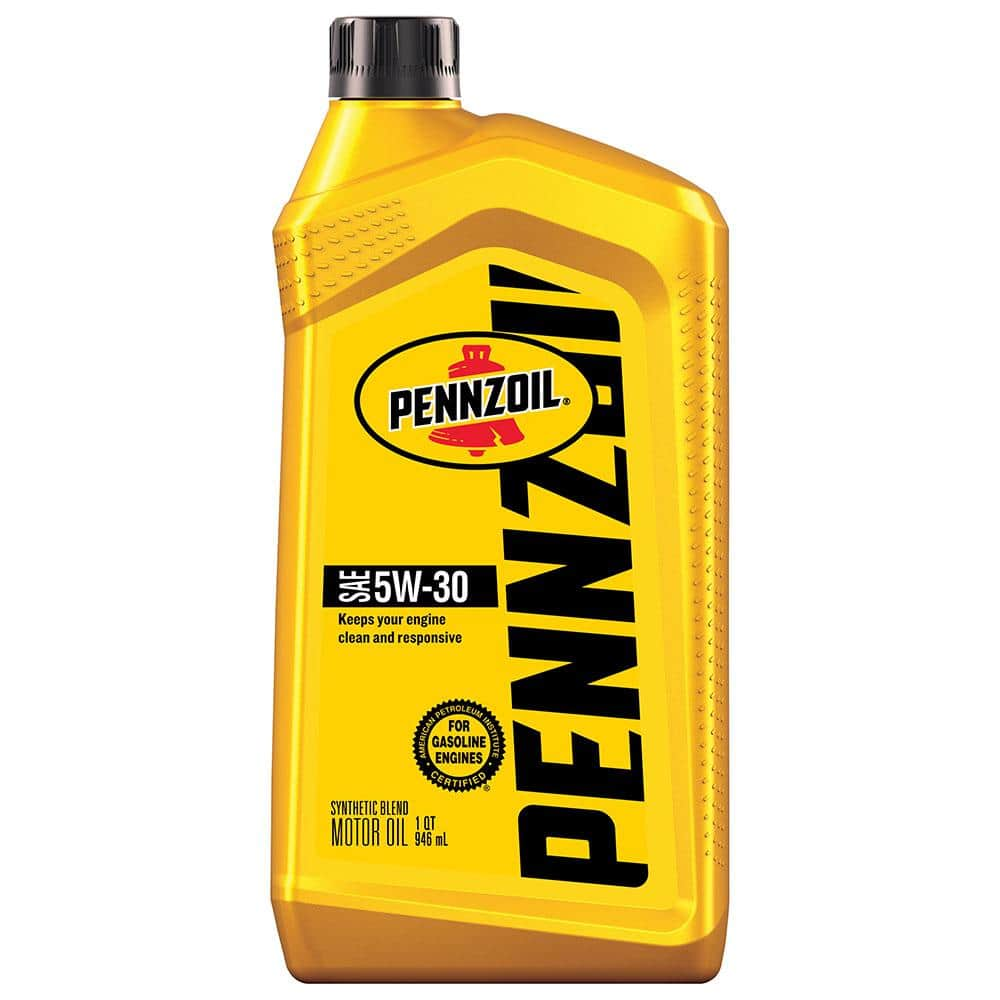In the world of engine oil, viscosity plays a crucial role in determining the oil’s performance and effectiveness. When it comes to choosing between 5W20 and 5W30, one question often arises: does 5W20 burn faster than 5W30? Let’s dive into the details and find out.

Credit: www.walmart.com
Understanding Oil Viscosity
Viscosity refers to the thickness or resistance to flow of a fluid. In the case of engine oil, it denotes how easily the oil can flow and lubricate critical engine components. The numbers, such as 5W20 and 5W30, are viscosity ratings that define the oil’s performance in different temperature ranges.
The “W” stands for winter, indicating the oil’s cold temperature behavior, while the numbers indicate the oil’s viscosity at operating temperature. The lower the number before the “W,” the thinner the oil is at lower temperatures. Conversely, the higher the number, the thicker the oil becomes at operating temperatures.
Oil Consumption and Burning
Oil consumption and burning can occur for several reasons, including worn or damaged engine parts, poor maintenance practices, or even certain engine designs. However, the viscosity of the oil does play a role.
Thinner oils, such as 5W20, have lower viscosity and flow more easily at higher temperatures, whereas thicker oils, like 5W30, provide better lubrication and engine protection at high temperatures. However, the idea that thinner oils burn faster is not entirely accurate.
Oil burning primarily occurs when the oil reaches its hottest point and becomes thinnest. If the oil is unable to lubricate properly due to excessive thinning, it can lead to increased friction and heat, potentially resulting in burning and consumption.
So, while thinner oils may be more prone to burning if the engine is experiencing issues, it’s important to note that oil burning is not solely dependent on the oil’s viscosity rating.
The Importance of Operating Temperature
The operating temperature of the engine is a crucial factor when considering oil viscosity. Engines operate optimally within a specific temperature range, and the oil should provide adequate lubrication and protection within that range.
If the engine tends to run hotter, a higher viscosity oil, such as 5W30, can offer better performance by maintaining its thickness and lubricating properties under high temperatures. However, in colder climates, a lower viscosity oil, like 5W20, ensures proper flow and lubrication during startup and cold conditions.
Credit: www.quora.com
Choosing the Right Oil for Your Vehicle
When it comes to deciding between 5W20 and 5W30, it’s essential to consider the manufacturer’s recommendations and specifications for your vehicle. Automobile manufacturers often specify the recommended viscosities to ensure optimal engine performance, longevity, and fuel efficiency.
Following the manufacturer’s guidelines helps maintain warranty coverage and ensures that the engine receives the proper protection and lubrication it needs. If you’re unsure, consult the vehicle owner’s manual or seek advice from a trusted mechanic.
Conclusion
While the viscosity rating does influence oil performance, the idea that 5W20 burns faster than 5W30 is not entirely accurate. Oil burning and consumption are multifactorial and depend on various engine-related factors. It’s crucial to choose the appropriate oil viscosity based on the manufacturer’s recommendations and your vehicle’s operating conditions.
Remember, regular maintenance, including monitoring oil levels, using quality oil filters, and following the recommended oil change intervals, is key to preserving your engine’s health and maximizing its lifespan.

